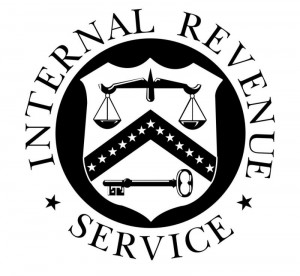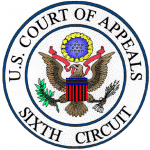 The Michigan Court of Appeals has ruled that the Multistate Tax Compact (MTC) election is not available for Michigan taxpayers. The appellate tribunal affirmed the trial court’s decision that IBM could not elect to apportion its income according to the three-factor MTC formula. The Court of Appeals held that apportionment under the Michigan Business Tax (MBT) is mandatory and “the possibility of electing a different apportionment formula as a matter of right is simply not permitted.” The court held that the mandatory language of the later enacted MBT repealed the MTC election by implication.
The Michigan Court of Appeals has ruled that the Multistate Tax Compact (MTC) election is not available for Michigan taxpayers. The appellate tribunal affirmed the trial court’s decision that IBM could not elect to apportion its income according to the three-factor MTC formula. The Court of Appeals held that apportionment under the Michigan Business Tax (MBT) is mandatory and “the possibility of electing a different apportionment formula as a matter of right is simply not permitted.” The court held that the mandatory language of the later enacted MBT repealed the MTC election by implication.
This decision further muddies the water around the viability of this popular state tax planning strategy for large multi-state corporations. The California Court of Appeal recently allowed an MTC Election in a case that is almost certainly headed to the California Supreme Court. Savoy taxpayers can, and should, expect that each state will view this election differently.
The Michigan opinion contained a couple of interesting litigation notes too. First, the opinion was issued as an unpublished, per curiam decision. Under Michigan law unpublished opinions do not have the force of stare decisis – that is, no binding precedential value. For a case that prompted two amici curiae briefs, one might have expected a decision that would have firmly established the law for other taxpayers. This one, however, was not it.
The per curiam (“by the court”) designation is also interesting in that it is often reserved for opinions of lesser importance. Per curiam decisions often imply a collective view of the prevailing law by the reviewing court.
However, that wasn’t exactly the case here. The per curiam decision was accompanied by a concurring opinion. The author of the concurrence, Judge Riordan, agreed with the court’s determination that IBM was required to use the MBT apportionment method, but wrote to note his disagreement with idea that the MTC election had been impliedly repealed by the passage of the MBT. The concurrence is interesting in that its reluctance to embrace the idea of “repeal by implication” was similar to the reasoning applied by the California court in the Gilette case, mentioned above, that upheld that the MTC election. Corporate taxpayers who have taken the MTC election in some states, or are considering it, would be well advised to track these cases closely.
Read the Court of Appeals per curiam decision here:
IBM v. Dept. of Treasury, No. 306618 (Nov. 20, 2012) per curiam
Read judge Riordan’s concurring opinion here:
IBM v. Dept. of Treasury, No. 306618 (Nov. 20, 2012) concurrence





